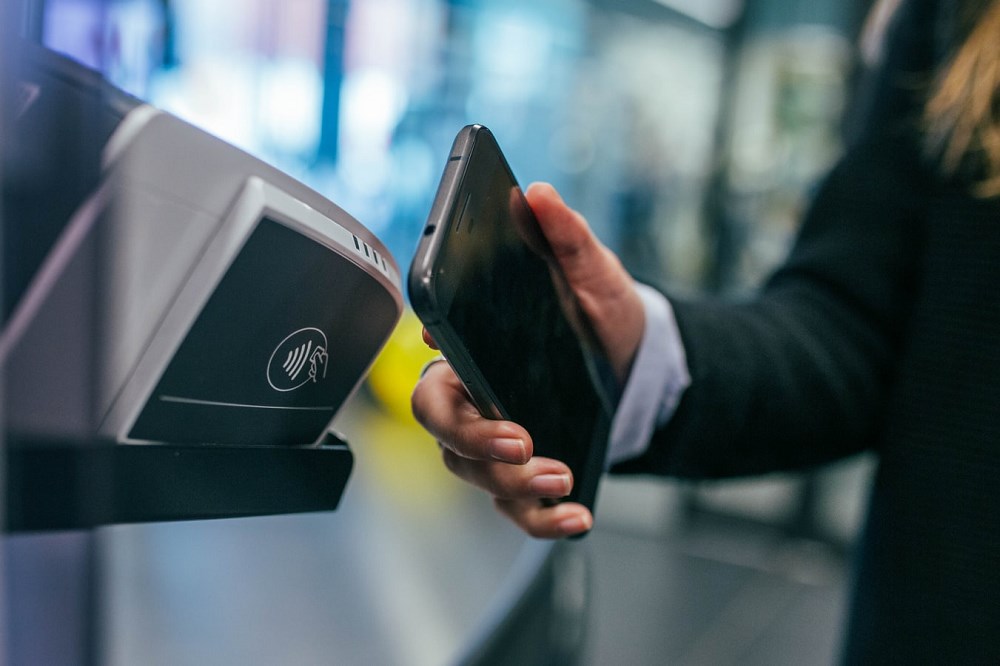
ESG investing had a banner year in 2019, but the coronavirus pandemic reinvigorated the push for a more sustainable approach to investment. There has been increased investor focus on, and demand for, corporate transparency and stakeholder accountability.
As a result, the year so far has seen strong capital flows into ESG funds. According to a Morningstar report, sustainable fund flows in the U.S. continued at a record pace in the second quarter of 2020, reeling in US$10.4 billion, bringing the total for the first half of the year to US$20.9 billion, nearly as much as for the whole of 2019.
COVID-19 could prove to be an ESG (environmental, social, governance) inflection point. Those looking to adjust their portfolios for responsible investing may want to look at the following companies with low ESG risk scores as rated by Morningstar-owned Sustainalytics, an ESG research firm.
| Gildan Activewear Inc | ||
| Ticker | GIL | |
| Current yield: | - | |
| Forward P/E: | 16.21 | |
| Price | $25.57 | |
| Fair value: | $17.20 | |
| Value | 11% premium | |
| Moat | None | |
| Moat Trend | Stable | |
| Star rating | ★★★★ | |
| Data as of Sept 17, 2020 | ||
Canadian apparel maker Gildan (GIL) designs and manufactures T-shirts, underwear, socks, and hosiery. The firm, which sells to wholesalers and through retail and direct-to-consumer channels, owns several brands including Gildan, American Apparel, Comfort Colors, and Gold Toe. The Montreal-based company generates most of its sales in the U.S.
It boats ESG risk score of 10.8, rated by ESG data firm Sustainalytics. The ESG risk score is a metric that represents a company’s exposure to material ESG issues. This means, the lower the ESG risk score the better.
In the high-volume and low prices printwear industry, price remains the key competitive factor. As such, “Gildan’s large volume provides economies of scale that allow it to undercut others on price,” says Morningstar equity analyst David Swartz, who cautions that a lack of a moat makes is particularly difficult to navigate the coronavirus crisis. Last year, the firm won a contract to make men’s underwear for Walmart, but the resultant revenue boost only “partially offsets losses in other areas, warns Swartz, who recently lowered the stock’s fair value from to $25 to $23.
| Lululemon Athletica Inc | ||
| Ticker | LULU | |
| Current yield: | - | |
| Forward P/E: | 72.46 | |
| Price | $293.93 | |
| Fair value: | $145 | |
| Value | 109% Premium | |
| Moat | Narrow | |
| Moat Trend | Stable | |
| Star rating | ★ | |
| Data as of Sept 18, 2020 | ||
Canadian athleisure apparel maker, Lululemon (LULU) makes and markets activewear and accessories for women, men, and girls. Best known for its yoga pants, the company also makes shorts, tops, and jackets for both leisure and athletic activities, and sells fitness accessories, such as bags and yoga mats. Lululemon sells its products through about 500 company-owned stores in 17 countries, e-commerce, and outlets.
The Vancouver-based clothier boats ESG risk score of 13.6, as of Sept 18, rated by Sustainalytics.
The company has been pushing to deepen its e-commerce business and market expansion. “Lululemon’s e-commerce (28.6% of 2019 revenue) will become increasingly important [and ] will account for the majority of its revenue by the middle of this decade as the firm invests in new digital capabilities, introduces new product, and builds a loyalty program,” says Swartz who recently raised the stock’s fair value from US$142 to US$145, prompted by recent growth in digital sales. Swartz says expansion in China, the second-largest activewear market, represents a strong opportunity for Lululemon.
| Nokia Oyj ADR | ||
| Ticker | NOK | |
| Current yield: | - | |
| Forward P/E: | 12.12 | |
| Price | US$4.12 | |
| Fair value: | US$5.12 | |
| Value | 19% discount | |
| Moat | None | |
| Moat Trend | Stable | |
| Star rating | ★★★★ | |
| Data as of Sept 17, 2020 | ||
Nordic telecom giant Nokia (NOK) generates revenue from selling wireless and fixed-line hardware, software, and services. Nokia licenses its patent portfolio to handset makers and earns royalties from Nokia-branded cellphones.
The Finnish telecom major notched ESG risk score of 13.3, as of Sept 18, rated by Sustainalytics. Nokia is regarded as an ESG leader within the global technology hardware industry.
“Nokia's revenue primarily originates from selling telecommunication hardware, software, and services to communication service providers (CSP),” says a Morningstar equity report.
The company’s networks business has the rare ability to offer end-to-end network hardware, software, and service solutions. This positions Nokia's well to benefit as 5G network infrastructures requires more hardware to cover the increased quantity of spectrums bands and transmit at the highest speeds. “We expect healthy demand for Nokia's software and service offerings as software-defined networking becomes commonplace and customers desire solutions to optimize increasingly complex networks,” says Morningstar sector director Brian Colello, who pegs the stock’s fair value at US$5.10.
| AmerisourceBergen Corp | ||
| Ticker | ABC | |
| Current yield: | 1.74% | |
| Forward P/E: | 11.66 | |
| Price | US$96.15 | |
| Fair value: | US$110 | |
| Value | 12% discount | |
| Moat | None | |
| Moat Trend | Stable | |
| Star rating | ★★★★ | |
| Data as of Sept 17, 2020 | ||
AmerisourceBergen (ABC) provides pharmaceutical services and offers brand-name and generic pharmaceuticals, and related services to healthcare providers, including acute-care hospitals, pharmacies, and medical clinics. The firm has taken the acquisition route to garner the ability to transport biopharmaceuticals, distribute veterinary pharmaceuticals and vaccines, and provide inventory and reimbursement consulting services to providers.
AmerisourceBergen has an ESG risk score of 12.9, as of Sept 18, rated by Sustainalytics.
The drug distribution heavyweight has developed a highly scalable pharmaceutical platform addressing the comprehensive sourcing and distribution needs of manufacturers and providers. “The company’s footprint and infrastructure allow it to ship more than 3 million products a day worldwide,” says Morningstar equity report.
"AmerisourceBergen handles roughly a third of the drugs sold in the United States and has created an extensive footprint into physician-administered products, with key anchor customers within communities,” says Morningstar equity analyst Soo Romanoff, who recently upped the stock’s fair value from US$95 to US$110.
Passionate About Investing in New Ideas?
Explore the latest Global Thematic Fund Landscape report here



















